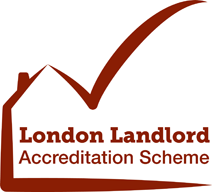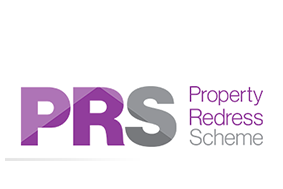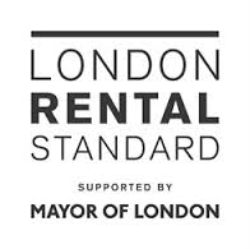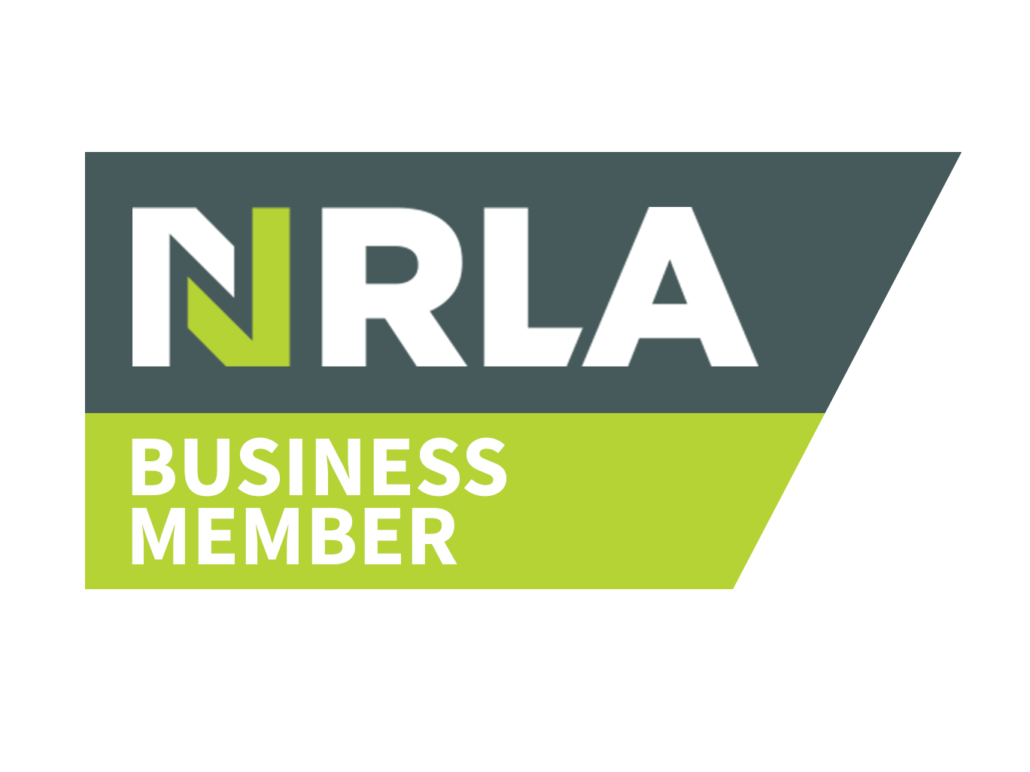





This site uses cookies. By continuing to browse the site, you are agreeing to our use of cookies.
OKLearn moreWe may request cookies to be set on your device. We use cookies to let us know when you visit our websites, how you interact with us, to enrich your user experience, and to customize your relationship with our website.
Click on the different category headings to find out more. You can also change some of your preferences. Note that blocking some types of cookies may impact your experience on our websites and the services we are able to offer.
These cookies are strictly necessary to provide you with services available through our website and to use some of its features.
Because these cookies are strictly necessary to deliver the website, you cannot refuse them without impacting how our site functions. You can block or delete them by changing your browser settings and force blocking all cookies on this website.
We also use different external services like Google Webfonts, Google Maps and external Video providers. Since these providers may collect personal data like your IP address we allow you to block them here. Please be aware that this might heavily reduce the functionality and appearance of our site. Changes will take effect once you reload the page.
Google Webfont Settings:
Google Map Settings:
Vimeo and Youtube video embeds:
Contact us NOW

Deciding Between a Room and a Whole Flat for Quick Changes
A Guide to Tax Implications of Guaranteed Rent for Landlords
Maintaining a Tidy Shared Flat: Importance of a Cleaning Rota
Securing Guaranteed Rental Income with Due Diligence
London's Shared Housing: Elevating the Joy of Living
Rent Assurance Policies: A Guide for Landlords and Tenants
Shared Living Unveiled: Building Connections with Amazing People
The A to Z of London Landlord Laws: Guide for Property Owners
Opting for Flatshare: Embracing Connection and Community
London Landlord's Success with Rent-Guaranteed Program